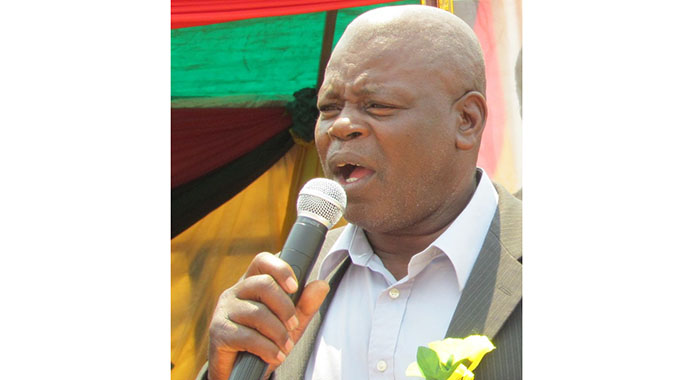Tourism in Sadc bears brunt of Covid-19 pandemic

While the total incidence of Covid-19 infections for southern Africa has been less than that of the global north, the economic impact of the pandemic on the region has been significantly harsher, according to an economist.
Independent non-profit economic research institution Trade & Industrial Policy Strategies (TIPS) yesterday hosted a virtual dialogue on the economic impact of Covid-19 on the Southern African Development Community (SADC).
TIPS senior economist Neva Makgetla, who provided an overview of the impact on the region, indicated that the region is expected to recover from the economic impacts of the pandemic by 2022.
The International Monetary Fund sees the sub-Saharan Africa region, of which SADC is part, rebounding to 3,4 percent in 2021, up from a contraction of -1,9 percent reported in 2020.
SA’s economy recovered with growth of 3,1 percent in 2021, following the contraction of 7 percent.
Echoing the IMF’s findings, Makgetla indicated that the tourism and hospitality sector in the SADC region was also hard-hit.
“What has been hard-hit is anything to do with hospitality — bars and restaurants, cultural services and related activities,” said Makgetla.
Demand for these services has come down, not just because of restrictions, but because social activities are perceived as risky during a pandemic.
“It is easy to blame restrictions but the fact is, people do not use these services when in a pandemic.”
Transport and international travel were also heavily impacted.
Klaus Schade, an independent economic analyst in Namibia, noted that the country remained on Europe’s red list for international travel during the pandemic. While tourists do not have to quarantine when they come to Namibia, they have to quarantine when they return home — and this is a deterrence for travel, Schade explained.
The Namibian economy contracted by 8 percent — at a per capita income basis this was -97,7 percent.
The hardest-hit sectors were hotels and restaurants having contracted by 33,1 percent due to border closures impacting international tourism, Schade explained.
Tourism-related sectors such as tour guides, tour operators and car rentals were also negatively impacted.
Gibson Chigumira, executive director of the Zimbabwe Economic Policy Analysis & Research Unit, described the second wave of the pandemic as “vicious”.
The pandemic hit Zimbabwe at a time when its economy was facing “devastating impacts” of climate shocks associated with the drought and Cyclone Idai. Zimbabwe felt the impact of supply chain disruptions.
The negative impact on its mining sector was counterbalanced by firming of international mineral prices and support measures of the country’s stimulus package.
The tourism sector was worse off, having been closed for five months between April and August 2020 to reduce the spread of the virus, adversely affecting its performance, he explained.
Botswana’s heavy dependence on diamond exports and overseas tourism made it vulnerable to weak global demand and travel bans, explained Itumeleng Mokoena, an intern at TIPS.
Botswana’s economy contracted 6 percent in 2020.
Makgetla observed patterns in the region such as a decline in revenues and GDP during 2020 with most countries trying to reverse it in 2021. There’s been an effort to support people and small businesses with cash flows,
Most countries have developed economic recovery and infrastructure programmes, but Makgetla said that they are hardly different to existing policies and projects.
“There’s no serious innovation in policy. If they weren’t working well before, it makes you wonder how they will work now,” she said. — news24.com.










Comments